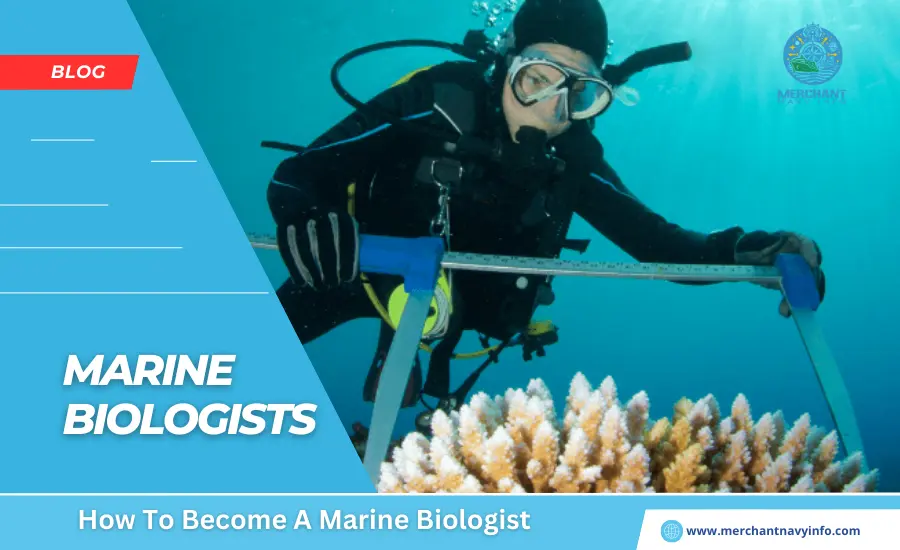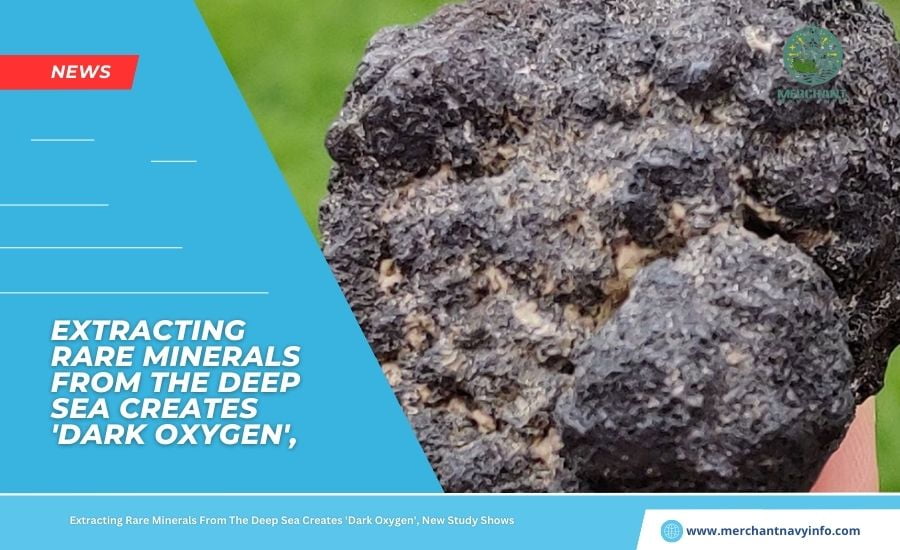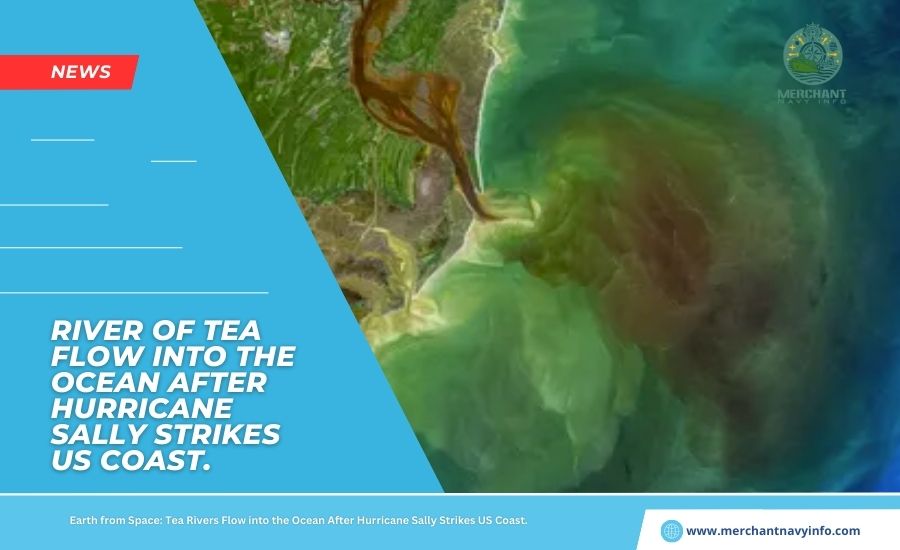
Marine biology is the study of life in the oceans and other saltwater environments. It’s a captivating and diverse field that offers countless opportunities for exploration and discovery. Marine life ranges from the smallest microorganisms to the largest marine mammals. Marine biologists play a crucial role in understanding and preserving the delicate ecosystems that make up our oceans.
This article will provide a comprehensive guide on how to become a marine biologist. It’ll cover the educational requirements, specialized areas of study and essential skills in this dynamic and rewarding field. You are probably fascinated by marine life. In that case, a career in marine biology can lead to a fulfilling journey of discovery beneath the waves.
What Do Marine Biologists Do?
What is Marine Biology?
Marine biology is the study of life in the ocean. It covers everything from microscopic organisms to the largest marine mammals. It explores the interactions between marine organisms and their environments. Furthermore, it helps in shedding light on the intricate ecosystems that exist beneath the waves.
Importance of Marine Biology
Understanding marine biology is crucial for the health of our planet. Marine biologists help us comprehend the impacts of human activities on marine ecosystems. They also help to work towards conservation efforts to protect endangered species. Finally, they also strive to ensure sustainable practices for the future of our oceans.
Education and Training Requirements
Academic Pathways
Becoming a marine biologist typically requires a bachelor’s degree in marine biology, zoology, or a related field. Many professionals pursue degrees such as a master’s or Ph.D. This is to specialize further in their area of interest within marine biology.
Internships and Hands-On Experience
Gaining hands-on experience through internships, or research opportunities is invaluable for aspiring marine biologists. Even a little volunteer work can go a long way. This in turn can help you to pave your path forward in this industry. These experiences provide practical skills, networking opportunities, and a deeper understanding of working in the field.
Specializations in Marine Biology
Marine Mammalogy
Marine mammalogy focuses on the study of marine mammals. This includes whales, dolphins, seals, and so much more. Researchers in this specialization study the behavior, ecology, and conservation of these fascinating creatures.
Fisheries Biology
Fisheries biology involves researching fish populations and their habitats. They also research the impact of human activities on marine ecosystems. Fisheries biologists play a crucial role in sustainable management practices. This is to ensure the future viability of fisheries and aquatic resources.
Skills and Qualities of a Successful Marine Biologist
Strong Scientific Background
A solid foundation in biology, chemistry, and ecology is essential for a marine biologist. Other skills include strong analytical skills and attention to detail. The ability to conduct thorough research is another key component of success in this field.
Critical Thinking and Problem-Solving Skills
Marine biologists often face complex challenges in their work. These problems range from studying the effects of climate change on marine ecosystems to developing strategies for conservation. Critical thinking and creativity are vital skills for successfully tackling these problems.
Career Opportunities in Marine Biology
Academic Research Positions
You might be drawn to the world of academia. In that case, pursuing a career in academic research within marine biology could be a perfect fit for you. This path often involves conducting cutting-edge research and publishing scientific papers. You also end up mentoring the next generation of marine scientists.
Government and Non-Profit Organizations
There are those who are passionate about making a tangible impact on marine conservation. They end up working for government agencies or non-profit organizations. This can be a rewarding career choice. These positions often involve developing and implementing conservation strategies and conducting environmental assessments. They also end up advocating for marine protection.
Research and Fieldwork in Marine Biology
Conducting Marine Surveys
Engaging in fieldwork is a crucial aspect of being a marine biologist. it doesn’t matter whether you’re surveying coral reefs or studying marine mammal populations. Doing this fieldwork provides hands-on experience and valuable data. This can further go on to contribute to our understanding of marine ecosystems.
Data Analysis and Interpretation
Once fieldwork is done, the real work begins. This usually starts with analyzing and interpreting the data collected. This involves using statistical tools and computer models to uncover patterns and relationships. These end up providing information that can help answer important research questions in marine biology.
Conservation and Environmental Impacts
Marine Conservation Efforts
Marine biologists play a crucial role in conservation efforts aimed at protecting marine habitats and species. These range from creating marine protected areas to developing sustainable fishing practices. These efforts are essential for ensuring the long-term health of our oceans.
Addressing Climate Change in Marine Ecosystems
Climate change poses a significant threat to marine ecosystems worldwide. Marine biologists are at the forefront of studying its impacts on marine life and developing strategies to mitigate its effects. These include promoting reef resilience and reducing ocean acidification.
Future Trends in Marine Biology
Technological Advancements in Marine Research
Advancements in technology, such as underwater drones and genetic sequencing, are revolutionizing marine biology. These tools allow scientists to explore previously inaccessible regions of the ocean and gather data with detail and accuracy.
Emerging Fields in Marine Biology
As our understanding of marine ecosystems deepens, new fields of study within marine biology are emerging. From marine biotechnology to deep-sea exploration, there are endless opportunities for marine biologists to push the boundaries of knowledge. This helps them to make exciting discoveries in the years to come. In conclusion, pursuing a career in marine biology opens the door to a world of wonder and possibility.
Every dive into the ocean unveils new insights and challenges. It’s important to start acquiring the necessary education and dedicating oneself to the conservation of marine ecosystems. Aspiring marine biologists can make a meaningful difference in safeguarding our planet’s oceans for future generations. Embrace the adventure that comes with exploring the depths of marine life. Soon you will embark on a journey that merges passion with purpose in the fascinating realm of marine biology.










